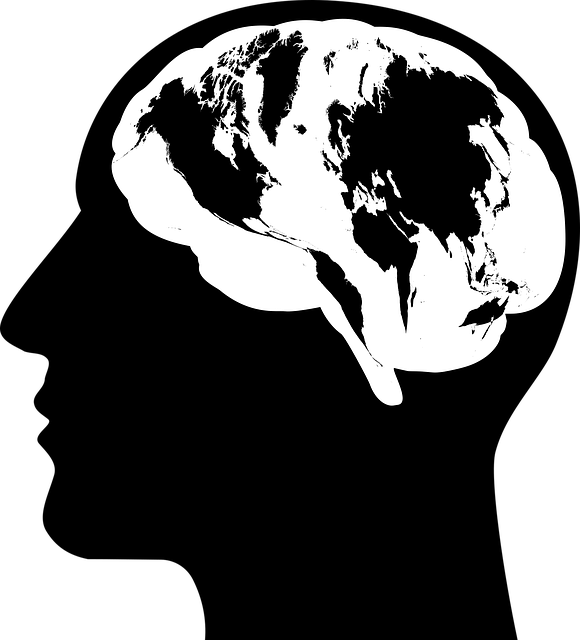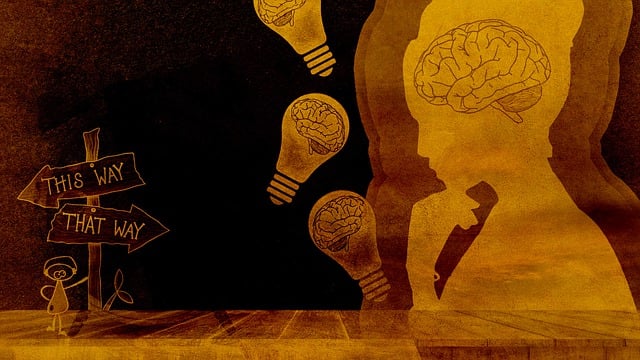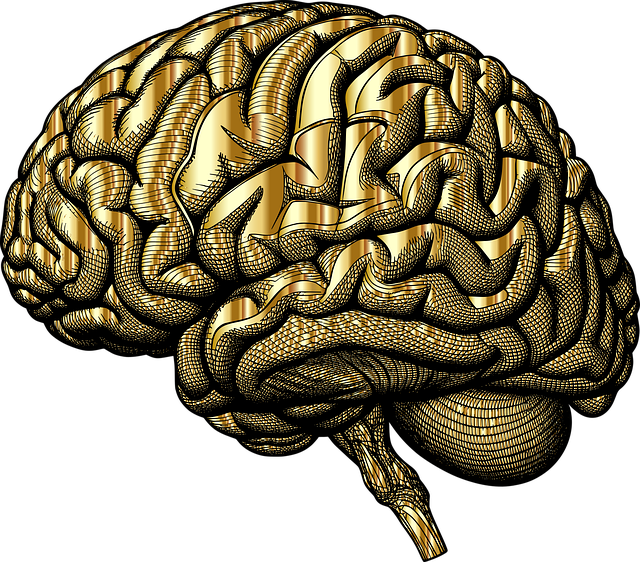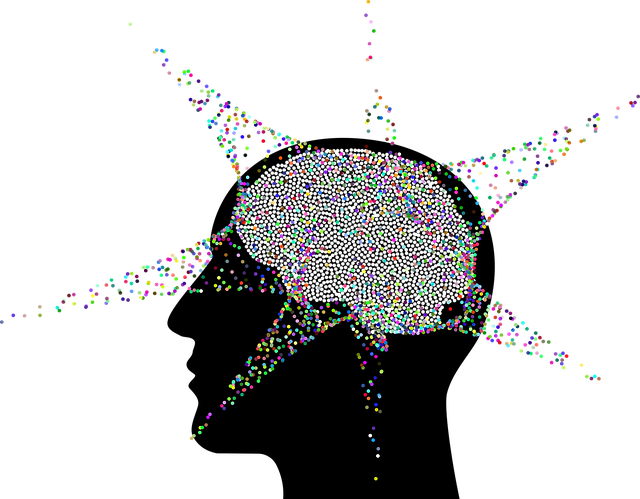Mental health diagnoses require qualified professionals using criteria from manuals like the DSM-5, leading to tailored treatment plans including innovative approaches like Golden Divorce Therapy for couples. This therapy addresses complex emotional issues from past relationships and promotes healthier connection styles. Community outreach programs, featuring stress management workshops, also play a crucial role in early intervention and prevention. Building a strong support network and setting measurable goals are key to successful recovery, enhanced by public awareness campaigns that facilitate effective treatment navigation.
Mental illness diagnosis and treatment navigation can be overwhelming. This comprehensive guide aims to demystify the process, highlighting essential steps like understanding mental health diagnoses and exploring innovative therapies like Golden Divorce Therapy. We delve into navigating treatment options, building supportive networks, and measuring progress. By addressing these aspects, individuals can find effective paths to recovery, empowered with knowledge and resources. Discover practical strategies for a holistic approach to mental wellness, including the benefits of Golden Divorce Therapy.
- Understanding Mental Health Diagnoses: Unraveling the Process
- The Role of Golden Divorce Therapy in Treatment Plans
- Navigating Treatment Options: A Comprehensive Guide
- Building a Supportive Network for Recovery
- Measuring Success and Adjusting Course: Monitoring Progress
Understanding Mental Health Diagnoses: Unraveling the Process

Understanding Mental Health Diagnoses: Unraveling the Process
Mental health diagnoses are complex and multifaceted, requiring a thorough evaluation by qualified professionals. The process often involves several steps to ensure accuracy and the best possible care. Initially, individuals seek support from primary care providers or specialists like psychologists and psychiatrists. These experts conduct comprehensive assessments, delving into personal histories, symptoms, and behaviors. Tools such as questionnaires and interviews help in the evaluation. Once sufficient data is gathered, a diagnosis is made based on established criteria outlined in diagnostic manuals, most commonly the Diagnostic and Statistical Manual of Mental Disorders (DSM-5).
This process isn’t merely about labeling; it’s a crucial step toward effective treatment planning. For instance, Golden Divorce Therapy, a specialized approach, may be recommended for couples facing marital challenges. Similarly, recognizing emotional intelligence as a critical component of mental wellness can enhance therapeutic outcomes. Community outreach programs and initiatives aimed at burnout prevention play a vital role in supporting individuals early on, ensuring they receive the necessary care without delay.
The Role of Golden Divorce Therapy in Treatment Plans

Golden Divorce Therapy is a unique approach that can significantly enhance mental health treatment plans, especially for individuals dealing with complex issues stemming from past relationships or family dynamics. This therapeutic method focuses on helping clients navigate and process their emotional attachments and patterns, often left unresolved due to difficult divorces or breakups. By facilitating a ‘divorce’ from these unhealthy relationships, both past and present, the therapy encourages individuals to rebuild their sense of self and create new, healthier connection styles.
In the context of community outreach program implementation, Golden Divorce Therapy can be a powerful tool in stress management workshops organization. It equips individuals with effective coping mechanisms and emotional regulation skills, enabling them to handle stressors related to interpersonal challenges. Moreover, promoting positive thinking becomes an inherent part of the process, as clients learn to challenge negative thought patterns that may have contributed to their mental health struggles. This holistic approach ensures a comprehensive understanding and addressing of the individual’s needs in their journey towards recovery.
Navigating Treatment Options: A Comprehensive Guide

Navigating treatment options for mental health conditions can be a complex and daunting task. Individuals often find themselves overwhelmed by the variety of therapies, medications, and support services available. This comprehensive guide aims to demystify the process, offering clarity and direction. By understanding different therapeutic approaches like Golden Divorce Therapy—which focuses on facilitating emotional separation while preserving a cordial relationship between ex-spouses—people can make informed decisions tailored to their unique needs.
Effective management of mental health involves a combination of strategies including stress management techniques, anxiety relief practices, and robust community outreach program implementations. These integrated solutions not only address existing symptoms but also equip individuals with tools for long-term wellness. Remember, seeking help is a sign of strength, and with the right guidance, healing and growth are achievable.
Building a Supportive Network for Recovery

Building a supportive network is an integral part of the recovery process for mental illness. It involves fostering connections with understanding and compassionate individuals who can provide guidance, encouragement, and emotional support. This network can include friends, family, peers in support groups, therapists, or even online communities that focus on mental wellness.
One effective approach to enhance this network is through Golden Divorce Therapy, which emphasizes the importance of separating oneself from toxic relationships while nurturing supportive ones. By engaging in regular Mental Wellness Journaling Exercises, individuals can reflect on their emotions and identify people who contribute positively to their mental health. Additionally, promoting Mental Health Awareness among loved ones ensures they can offer more informed and empathetic guidance. Effective emotional regulation techniques, when shared within this network, empower everyone involved to better navigate the challenges of mental illness together.
Measuring Success and Adjusting Course: Monitoring Progress

Measuring success is a vital aspect of navigating mental health treatment, especially when employing innovative approaches like Golden Divorce Therapy. This involves regularly monitoring progress to ensure the intervention is effective and tailored to the individual’s needs. By setting specific, measurable goals at the outset, therapists can track improvements in symptoms, functioning, and overall well-being. Regular assessments, whether through standardized questionnaires or personal reflections, allow for data-driven adjustments to the treatment plan. This iterative process enables professionals to adapt strategies, incorporate new techniques, or explore alternative paths, ensuring that care remains responsive and aligned with the client’s evolving needs.
Moreover, tracking progress facilitates the early identification of potential challenges or areas requiring additional support. For instance, if a client experiences a setback or a specific symptom persists, therapists can use this information to implement targeted interventions, such as refining risk management strategies or incorporating burnout prevention techniques. Public awareness campaigns and educational initiatives can also play a role by promoting understanding of mental health progress tracking among individuals and their support systems, fostering a collaborative environment for effective treatment navigation.
In navigating the complex landscape of mental health diagnoses and treatment, understanding every step and option is paramount. From unraveling the process to exploring innovative approaches like Golden Divorce Therapy, this guide has equipped readers with valuable knowledge. By delving into comprehensive treatment options, building supportive networks, and monitoring progress, individuals can embark on a path towards healing and recovery. Remember that seeking assistance is a sign of strength, and with the right tools and mindset, one can overcome mental health challenges.














